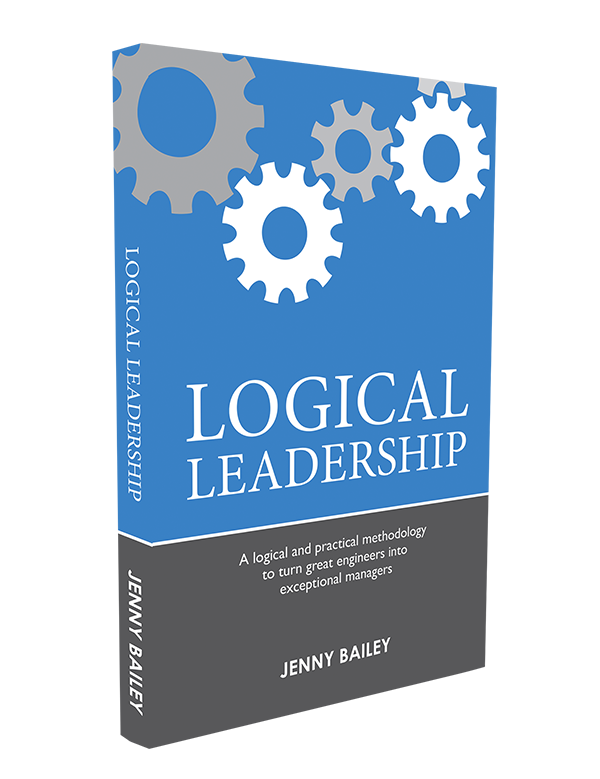I’m obsessed with the importance of how we raise our children and I love to read. The holiday period is a great opportunity for me because when I am not hanging out with my family, I get to read. This holiday, I have come across some fascinating reading about evolution of child-rearing practices. The book I have been reading is called ‘Parenting for a Peaceful World’ by Robin Grille.
The history of child-rearing is ugly. In very early times, children were routinely used as slaves for sexual pleasure, sacrificed, abandoned or regularly beaten. These children who were badly abused during childhood suffered damage to the operation of the brain that inhibited them from feeling empathy for others and significantly increased their capacity for violence towards others when they became adults. Apparently, Hitler was routinely caned up to 200 times per day. Research on Nazis showed that the majority of them were abused as children. There has also been research on the childhoods of those Germans who helped protect Jews – many who were strangers to them – escape the holocaust. These people were found to have been raised by much gentler means.
Our society has dramatically moved on from this and most people cherish their children (although there is still infanticide, sexual abuse, physical and emotional abuse metered out to some unfortunate children in our society). Most modern parents want to do their best for their children and raise successful and happy children who are psychologically healthy and emotionally mature.
The dominant mode of parenting in our society has the aim of raising ‘good’ children who are socialised and fit into the social norms as to how children should behave. The system is a method of punishment and rewards. Physical punishment (smacking) has become much rarer as people understand the impact of violence on children. These days the punishment that is metered out is generally verbal or emotional punishment. Children are either, denied love and attention through being put into time-out, or they are made to feel bad about themselves through ‘shaming’. Shaming involves saying such things as “that is a very naughty thing to do”. This leaves the child feeling like there is something bad or wrong about them and leaves an invisible emotional scar within the child. In my observation the majority of adults today carry around an inner belief that ‘they are not good enough’ or ‘there is something wrong with me’. These beliefs are a result of the messages that we were given as children.
So to help your children grow up with a strong sense of self-worth and a feeling that they are OK, skip the emotional punishment. There are ways to communicate your need for changed behaviour that will build your child’s emotional intelligence.
When you are dealing with adults, your spouse, direct reports or co-workers – remember that most of them are walking around with a belief that there is something wrong with them – be compassionate with your feedback.
Finally, there are also new technologies available for helping rewire the adult brain – to help us with our emotional baggage and to enable us to be better parents, people and leaders.
